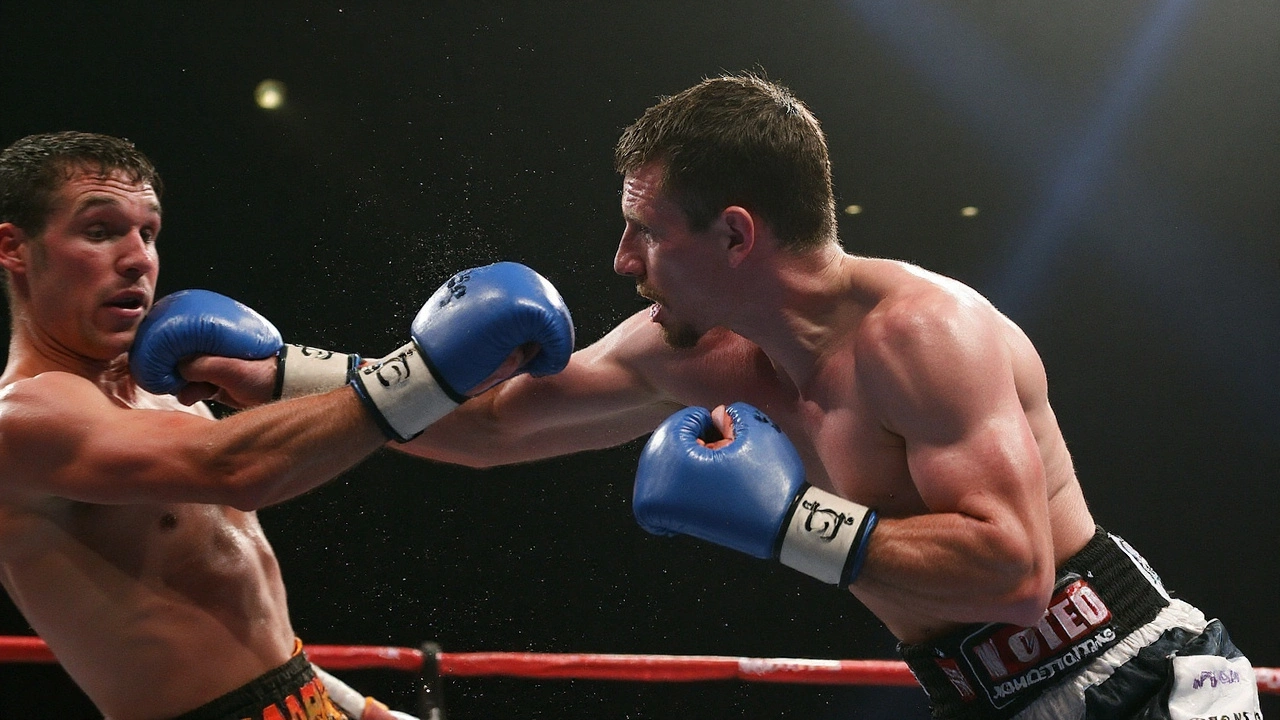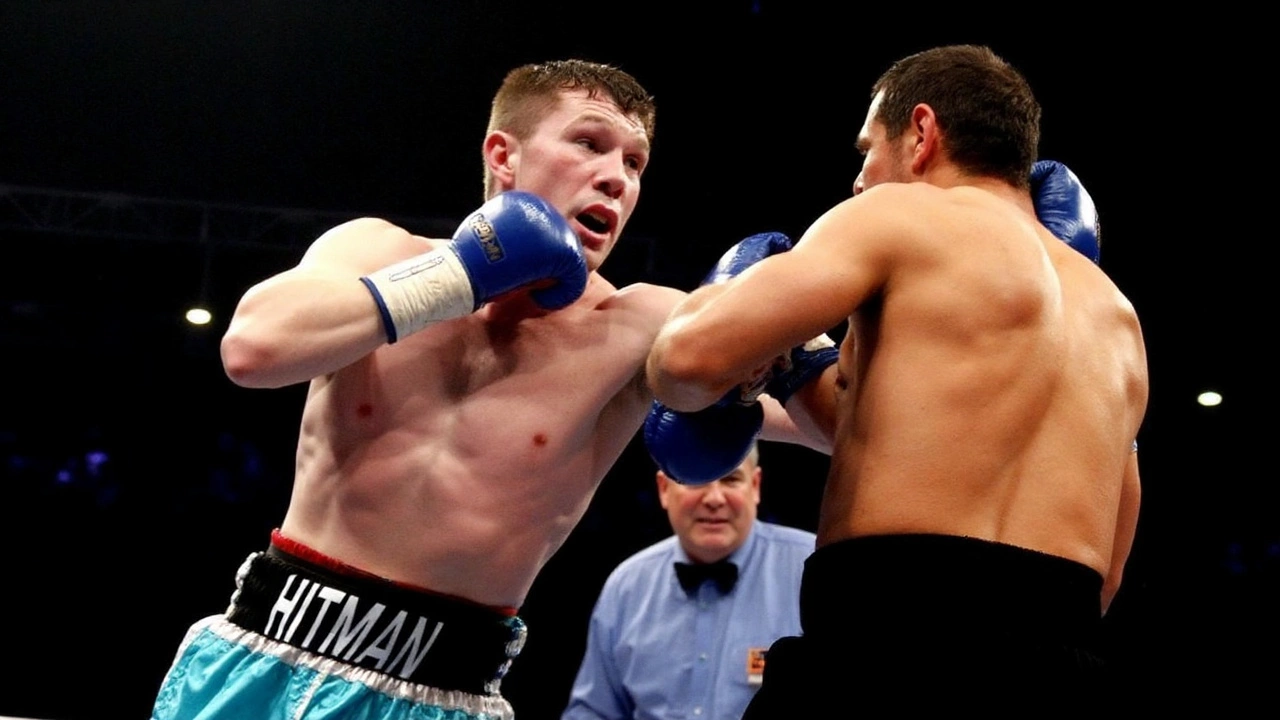The making of a folk hero
You don’t get the sort of devotion Ricky Hatton inspired by accident. It started at home in Manchester—local shows, a crowd that grew with every body shot, and a style built on pressure, grit, and a left hook to the ribs that emptied champions. When he beat Kostya Tszyu in 2005, the noise inside the MEN Arena felt like it could lift the roof. Tszyu, a pound‑for‑pound star and heavy favorite, stayed on his stool after the 11th. Hatton didn’t just win a title that night; he won a city for life.
Weeks later he unified belts by beating Carlos Maussa, and by then his story was bigger than the scorecards. He became a symbol of working‑class pride—blue-collar habits, cheeky humor, and a ring walk soundtracked by "Blue Moon" and terrace chants. He even went up to welterweight and edged Luis Collazo, then dropped back to 140 to starch José Luis Castillo with a body shot that still gets replayed whenever British boxing needs a reminder of what cruelty looks like in slow motion.
His biggest stages came in the United States. The Mayweather fight in December 2007 turned Las Vegas into a traveling Mancunian street party. Estimates vary, but tens of thousands of Brits flew out, and the bout drew blockbuster pay-per-view numbers on both sides of the Atlantic. Hatton lost by late stoppage, then suffered a brutal knockout to Manny Pacquiao in 2009. Those defeats didn’t dim his appeal. If anything, the honesty of how he handled the comedown—publicly and painfully—made him more relatable.
That honesty matters. After the lights faded, he talked about depression, weight struggles between camps, and the spiral that can follow when the applause stops. He tried a comeback against Vyacheslav Senchenko in 2012 and was stopped late. It was raw, and it was human. He shifted to training and promoting, opened his gym in Greater Manchester, and started guiding the next generation, including his son Campbell. The crowds still show up when his name is on a poster, even for exhibitions—proof that support for a fighter isn’t just about the belt around his waist.

The legacy that still packs a punch
Why did fans stick with him through everything? Because the story wasn’t just about winning. It was about the way he treated people when he did. Backstage, in airports, outside arenas—he stayed approachable. He looked like the guy you might see at the local, then fought like the one you’d never want to face in a narrow hallway. That contrast built a bond that survives highlight reels.
His career has milestones that read like chapter headers in British boxing: Tszyu at home, the Vegas invasion, Castillo folded by a body shot, and the hard lessons from Mayweather and Pacquiao. He picked up major belts at light-welter, flirted with welterweight, and earned global billing without ever losing the everyman touch. In 2005, he was widely recognized as the sport’s fighter of the year—no small feat in an era stacked with elite names.
Even now, the ripple effect is easy to spot. British crowds are louder because they learned how to travel with him. Young fighters are more open about mental health because he said the quiet part out loud when few did. Promoters know that stories sell, not just scorecards, because his story kept selling long after the titles were gone.
Strip away the chants, the sombrero, the Vegas songs, and there’s still the simple truth: Ricky Hatton made people feel like they were part of something. You can measure a fighter with belts and wins. You measure a folk hero by the number of people who still turn up years later to say thanks.
- Signature win: Kostya Tszyu, 2005 (TKO via retirement after 11)
- Unification: Carlos Maussa, 2005
- Welterweight venture: Luis Collazo, 2006 (close decision)
- Classic finish: José Luis Castillo, 2007 (body-shot KO)
- Global stages: Floyd Mayweather Jr. (2007), Manny Pacquiao (2009)
- Final chapter in the ring: Vyacheslav Senchenko, 2012 (late stoppage)
If you’re looking for the line between fame and familiarity in sport, Hatton stood right on it and waved the crowd forward. That’s why the songs still echo.
